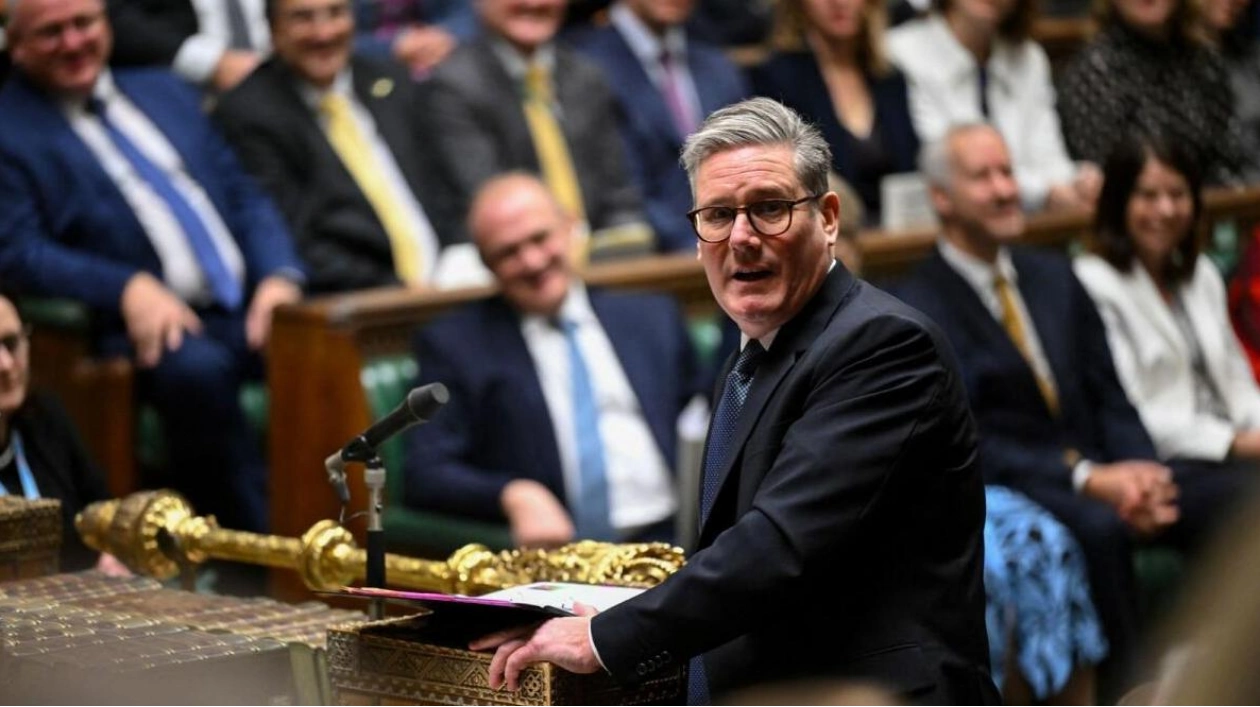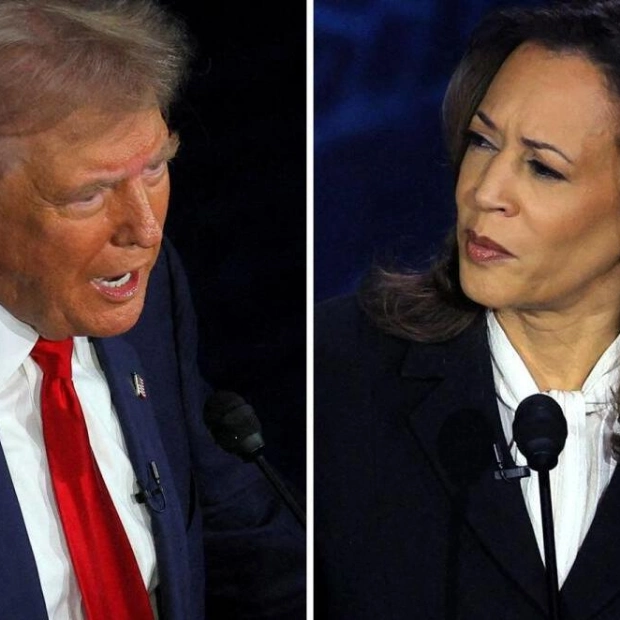British Prime Minister Keir Starmer observed Prime Minister's Questions at the House of Commons in London on Wednesday. REUTERS
On Thursday, British Prime Minister Keir Starmer stated that his government's economic advancements should be evaluated using data on household disposable income and GDP per capita over the five-year parliamentary term. The government aims for the swiftest economic growth per capita among the Group of Seven advanced economies, a shift from a previous 'pledge', according to a document outlining Starmer's strategies. It also vowed to enhance living standards across all regions of the United Kingdom by the end of the parliamentary term.
The document emphasized measuring progress through increased Real Household Disposable Income (RHDI) per person and Gross Domestic Product (GDP) per capita by the end of the term. Household disposable income, adjusted for inflation, rose by an average of just 0.3% annually between 2019 and 2024, marking the poorest parliamentary term for living standards since records began in the 1950s, according to the Institute for Fiscal Studies.
The Office for Budget Responsibility forecasts only a minor improvement during the current term, which is expected to be the second-worst in terms of disposable income growth. Previously, the government had committed to achieving the fastest per-capita GDP growth in the G7 for two consecutive years by the end of the term, an achievement not recorded in OECD data dating back to the 1970s.
The government will monitor GDP per capita at both regional and national levels. Starmer noted that fulfilling election promises would result in working people having 'more money in their pockets'. He also reiterated Labour's plan to construct 1.5 million new homes in England. Labour secured a significant majority in July, gaining power for the first time in 14 years, but has recently trailed the opposition Conservative Party in some opinion polls.
Source link: https://www.khaleejtimes.com






